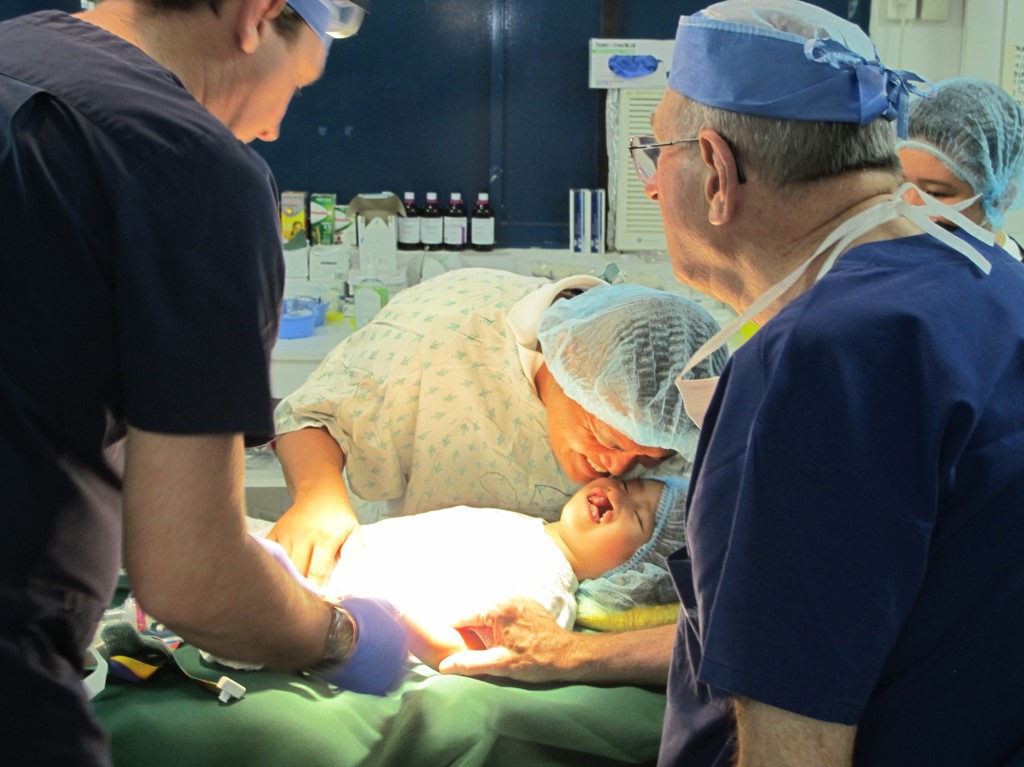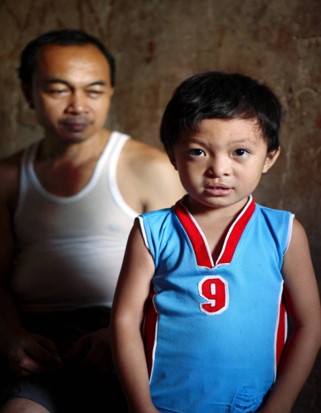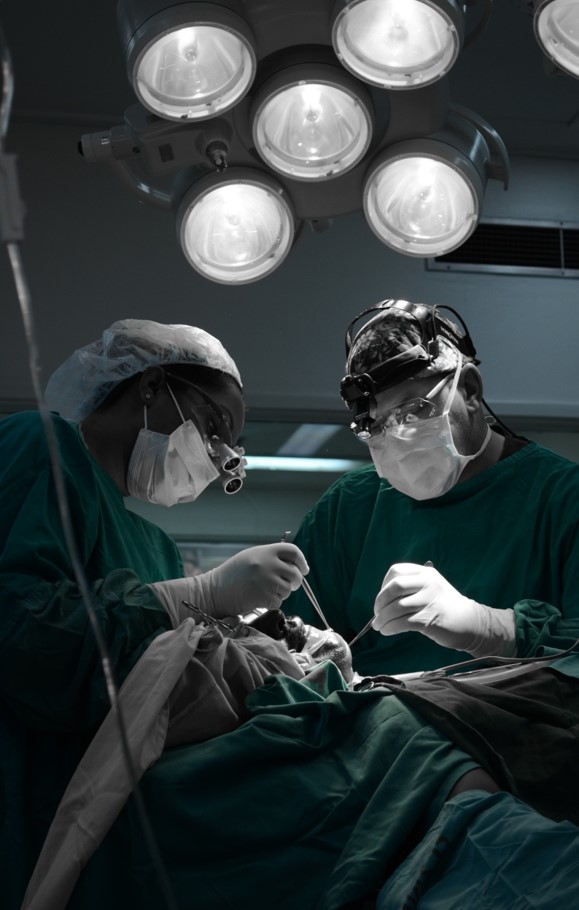Interplast - Repairing Bodies and Changing Lives
Posted by Steve Dixon
 Interplast is a charitable organisation that sends teams of highly qualified plastic and reconstructive surgical volunteers to developing countries in the Asia Pacific region to deliver programs of treatment and training. The main type of surgery undertaken are cleft lip and palate repairs, removal of tumours and the releasing of burn scar contractures. Interplast currently does approximately 1,000 life changing surgeries a year, the majority being on Children. A 2 hour operation can change a child’s life from being ostracised by their community, to growing up normally and healthy; they can go to school; they can have friends; they can contribute to their family’s income and they become independent.
Interplast is a charitable organisation that sends teams of highly qualified plastic and reconstructive surgical volunteers to developing countries in the Asia Pacific region to deliver programs of treatment and training. The main type of surgery undertaken are cleft lip and palate repairs, removal of tumours and the releasing of burn scar contractures. Interplast currently does approximately 1,000 life changing surgeries a year, the majority being on Children. A 2 hour operation can change a child’s life from being ostracised by their community, to growing up normally and healthy; they can go to school; they can have friends; they can contribute to their family’s income and they become independent. Interplast is a charitable organisation that sends teams of highly qualified plastic and reconstructive surgical volunteers to developing countries in the Asia Pacific region to deliver programs of treatment and training. The main type of surgery undertaken are cleft lip and palate repairs, removal of tumours and the releasing of burn scar contractures.
Interplast currently does approximately 1,000 life changing surgeries a year, the majority being on Children. A 2 hour operation can change a child’s life from being ostracised by their community, to growing up normally and healthy; they can go to school; they can have friends; they can contribute to their family’s income and they become independent. 



Every Interplast program is a training program providing very effective ‘on-the-job’ training to build that country’s capacity. Interplast also sometimes brings overseas surgeons to Australia for training.
The Rotary Club of Osborne Park was instrumental in getting an Interplast program started in our Rotary District in WA. We have been able to raise sufficient funds through the collaboration of clubs within the district to fund a medical Programme in each of the last four years. Each programs costs $45,000-$50,000.
In August 2015 a seven person Interplast volunteer team of Surgeons, anaesthetist and nurses travelled to Cagayan de Oro in the Philippines and performed a total of 100 procedures on 68 patients over a two week period. Previous trips have been to Labasa, Fiji, and Timor.

There are always more patients than surgery spots and plenty of good medical volunteers willing to give up their time. The limiting factor is the money to fund these programmes. Approximately $45,000 is needed to fund each trip to pay for medical equipment and supplies and transport costs. The travel and accommodation of the volunteers is also paid out of these funds.